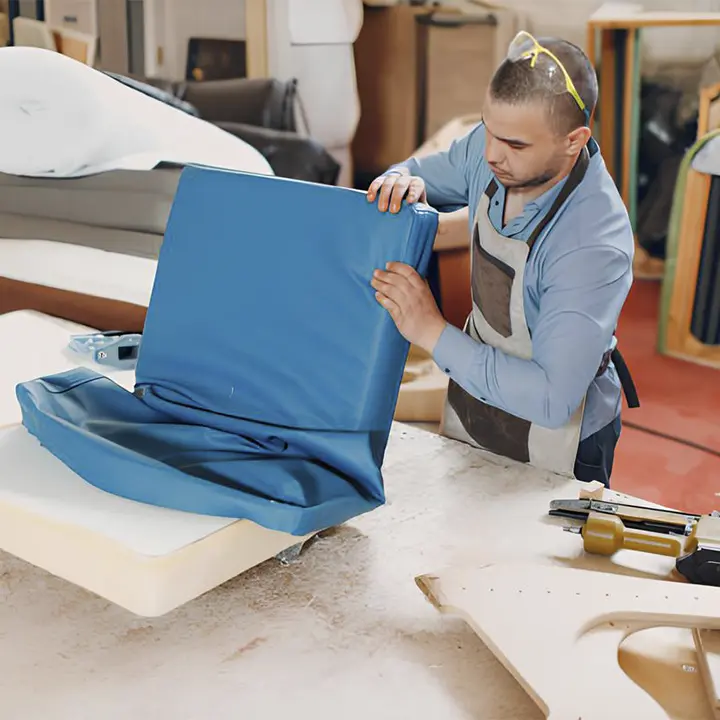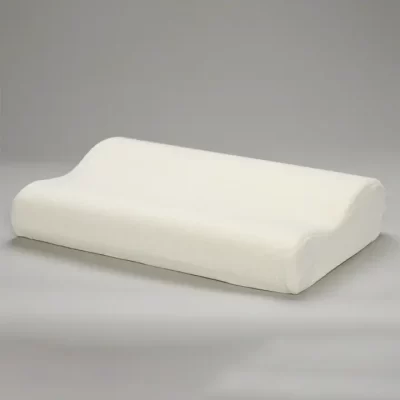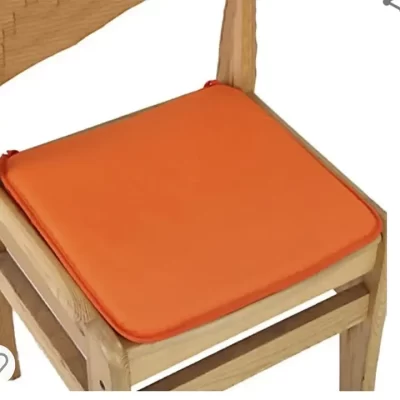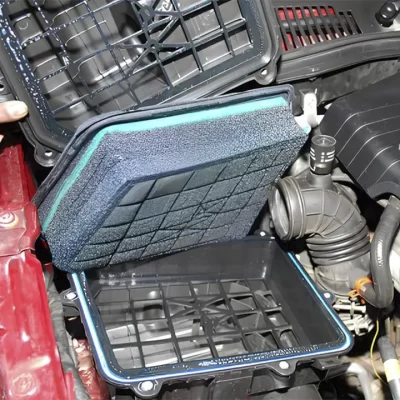Upholstered Furniture
Polyurethane (PU) foam is one of the most widely used materials in the furniture and upholstery industry, valued for its exceptional versatility, comfort, durability, and cost-effectiveness. Its unique properties allow it to be used across a wide range of applications, from cushions and mattresses to sofas, chairs, and decorative padding.
Types of Polyurethane Foam
Flexible Polyurethane Foam (FPF): Flexible PU foam is soft, resilient, and highly adaptable, making it ideal for use in seating, cushions, mattresses, and upholstered furniture. It provides excellent comfort and support while maintaining shape over time. Different densities and formulations, such as high-resilience foam or memory foam variants, allow manufacturers to create products that cater to various comfort and ergonomic requirements.
Rigid Polyurethane Foam: Rigid PU foam is dense, firm, and primarily used for insulation, structural components, and packaging.
Description
While it is not typically employed in furniture seating, it plays a vital role in providing structural support in certain furniture elements and enhancing thermal or acoustic insulation in upholstered furniture designs.
Foam Densities in Upholstery
| Density (lbs/ft³) | Application | Characteristics |
| 1.2 – 1.8 | Low-end furniture cushions | Softer, less durable, budget-friendly |
| 1.8 – 2.5 | Mid-range sofas/chairs | Good durability and comfort balance |
| 2.5 – 3.0+ | High-end furniture, mattresses | Firm, long-lasting, premium feel |
Best Practices for Upholstery Use
- Select appropriate foam density based on usage (e.g., frequent seating needs higher density).
- Use a protective barrier (e.g., batting or dacron wrap) between foam and fabric.
- Consider fire-retardant foam if required by safety regulations.
- Allow foam to air out before covering to reduce odor from manufacturing.
Cushioning: PU foam is used in sofas, chairs, mattresses, and automotive seats, offering support and comfort in seat and back cushions. It comes in varying densities and firmness levels to meet different comfort and durability requirements.
Mattresses: PU foam is used in memory foam and hybrid mattresses to provide body contouring, pressure relief, and motion isolation.
Padding: PU foam is applied under fabric or leather upholstery to create a soft surface, reducing wear on outer materials and enhancing comfort.
Structural Filling: In low-density forms, it can fill out curved or contoured shapes in upholstered items.
Comfort: Good cushioning and support.
Durability: Long-lasting and retains shape with proper density.
Lightweight: Easy to handle and work with during manufacturing.
Cost-effective: Economical compared to other types of padding or filling.
Customizable: Available in multiple densities, firmness levels, and sizes.
High Resilience (HR) Foam: Offers better support, elasticity, and durability.
Memory Foam (Viscoelastic PU): Adapts to body shape, used in premium cushions and mattresses.
Rebonded Foam: Made from recycled foam scraps, used for firm cushions or underlayers.






